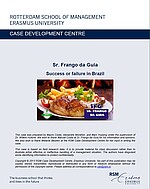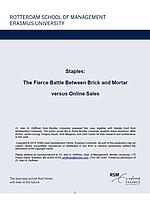The Hamburg-based family business, Schultz & Co, is negotiating a large contract with the multinational firm, Nordic Wind Company, a major player in the wind power installation market. This three-stage, two-party negotiation simulation engages students in a power game, and helps them understand the dynamics of relationship and influence. It also provides a calculation mechanism that incorporates a cash evaluation for negotiation outcomes.
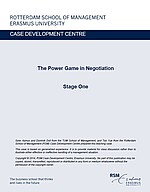

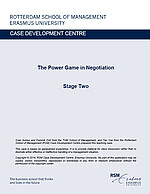
The Kilimanjaro case describes the journey up Mount Kilimanjaro of four ambitious women, of different ages, and from diverse cultural backgrounds and life situations, who have learnt that it is possible to work well in a highly risky and demanding environment with other women. Will they reach the top?
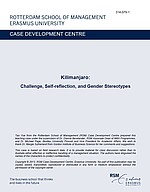
The Erasmus University Rotterdam wants to become more competitive world-wide and to do so they must incorporate sustainability into their new strategy. However, funding is disappointing and students' and employees' priorities are not with sustainability – how should they win a place in the students’ and employees’ hearts and minds for this topic?
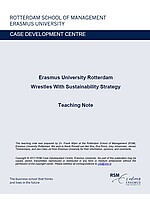
IBM finds itself to be in an environment where the development of new technology goes fast, due to which they should rethink their strategy. They already have an idea in mind; smart enterprise, but will this strategic shift be a successful one?
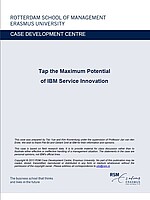
True Fruits, a leading smoothie producer in Germany, faced heavy competition by other brand and supermarkets’ hard-nose negotiation over prices. What strategy should the company use moving forward?
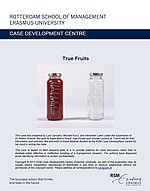
Description: The Dutch company Pelliano aspired to become a worldwide high-quality Dutch-Italian fashion label and believed their greatest competitive advantage to do so was their employees. How could they find the talent they were looking for?
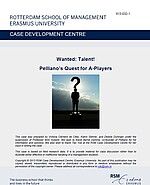
When exporting his restaurant business model to another country, Manual Costa faced several problems, such as employee theft and disappointing profits. Which options best suits his resolve to fix these problems?
